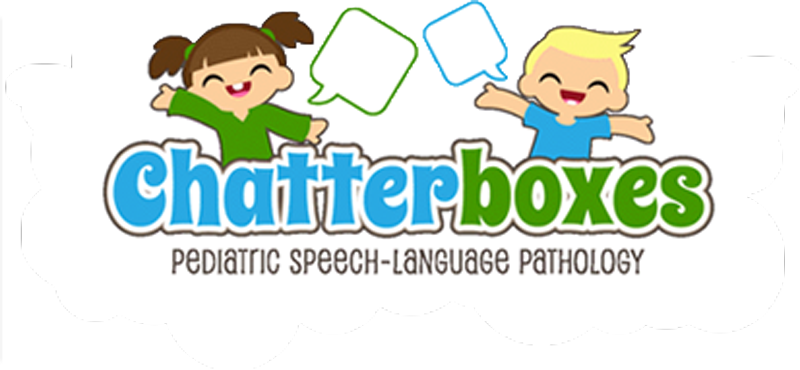Did you know that your child’s early experiences build the foundation for a responsible community, a skilled workforce and a thriving economy?
Executive functioning, or self-regulation, is a set of skills that rely on three types of brain function: working memory, mental flexibility, and self-control. Children are not born with these skills, however, they are born with the potential to develop them. The full range of abilities continues to grow and mature as they the child enters their teenage years and early adulthood.
In order to ensure that your child develops these capacities, it is important to understand how the quality of the child’s interactions and experiences that our communities provide for them either strengthen or undermine their emerging skills.
School Achievement:
Executive function skills help the child:
- Remember and follow multi-step instructions
- Avoid distractions
- Control rash responses
- Adjust when rules change
- Persist at problem solving
- Manage long-term assignments
Positive Behaviors:
Executive Functions help the child develop skills of:
- Teamwork
- Leadership
- Decision-making
- Working toward goals
- Critical thinking
- Adaptability
- Being aware of our own emotions as well as other’s emotions
Executive Function skills help People:
- Make more positive choices about nutrition and exercise
- Engage in activities in which they practice skills
- Provide a consistent, reliable presence that young children can trust
- Guide them from complete dependence on adults to gradual independence
- Protect them from chaos, violence and chronic adversity because toxis stress stimulated by these environments disrupts the brain circuits that are required for executive functioning and triggers impulsive behavior
- Reduce stress
- Foster social connection
- Incorporate vigorous physical exercise
- Increase complexity of skills
- Successful work


